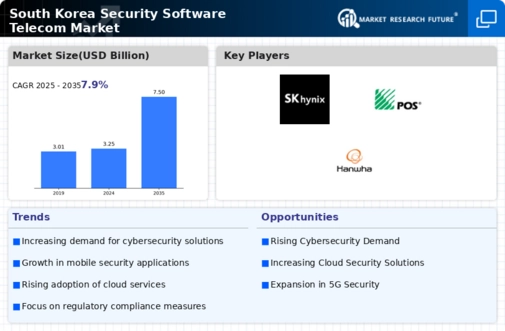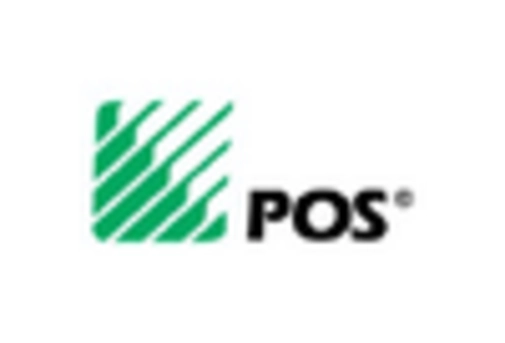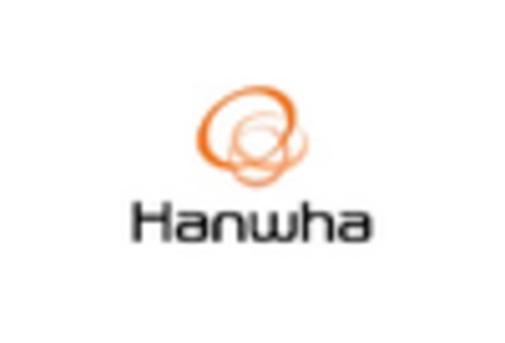South Korea Security Software Telecom Market Summary
The South Korea Security Software Telecom Market is projected to grow significantly from 3.25 USD billion in 2024 to 7.5 USD billion by 2035.
Key Market Trends & Highlights
South Korea Security Software Telecom Market Key Trends and Highlights
- The market is expected to experience a compound annual growth rate of 7.9 percent from 2025 to 2035.
- By 2035, the market valuation is anticipated to reach 7.5 USD billion, indicating robust growth potential.
- In 2024, the market is valued at 3.25 USD billion, reflecting a strong foundation for future expansion.
- Growing adoption of advanced security technologies due to increasing cyber threats is a major market driver.
Market Size & Forecast
| 2024 Market Size | 3.25 (USD Billion) |
| 2035 Market Size | 7.5 (USD Billion) |
| CAGR (2025 - 2035) | 7.9% |
Major Players
Samsung Electronics (KR), SK Hynix (KR), LG Electronics (KR), Hyundai Motor Company (KR), Kia Corporation (KR), POSCO (KR), Naver Corporation (KR), Kakao Corp (KR), Hanwha Group (KR), Lotte Group (KR)













